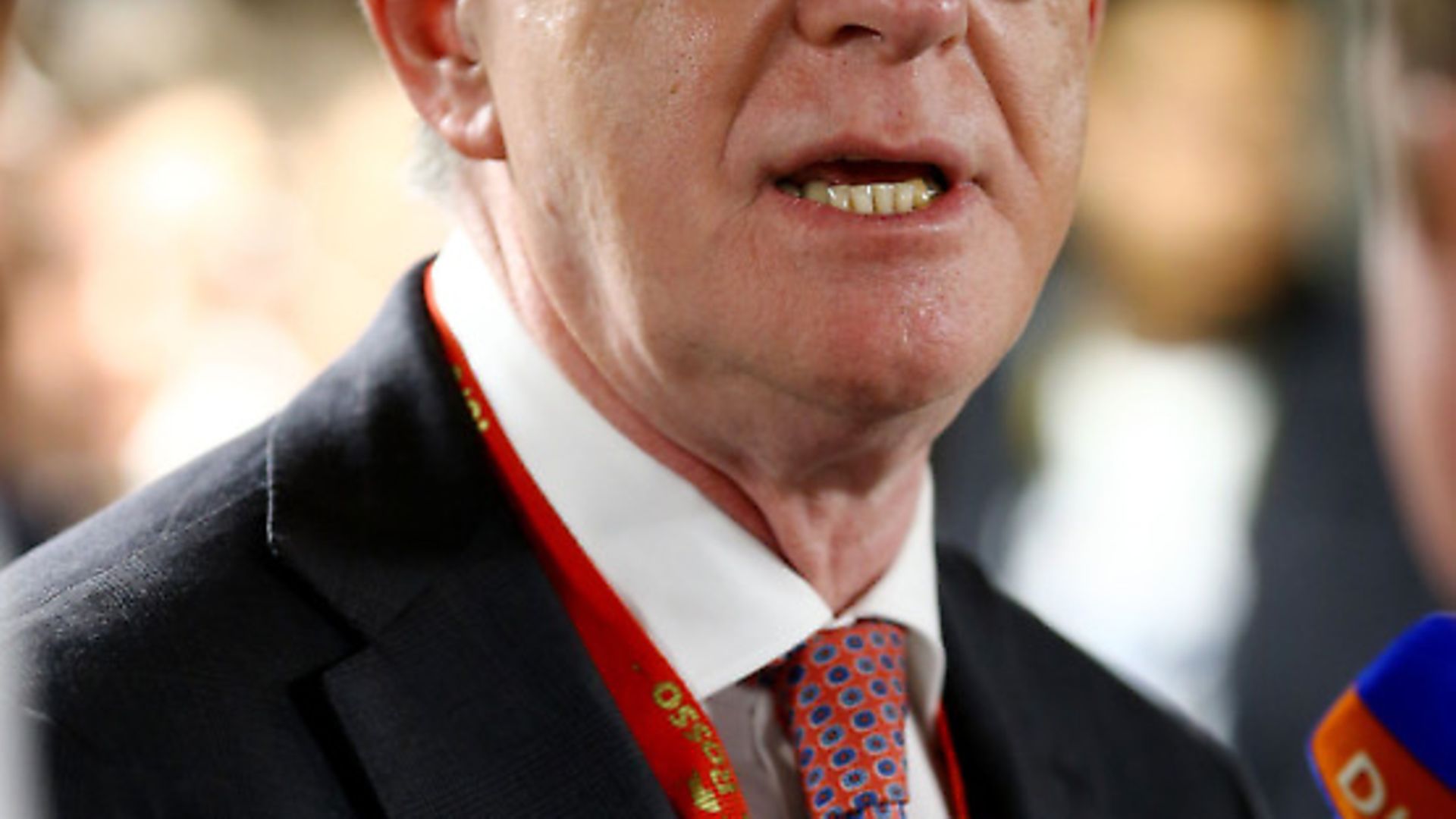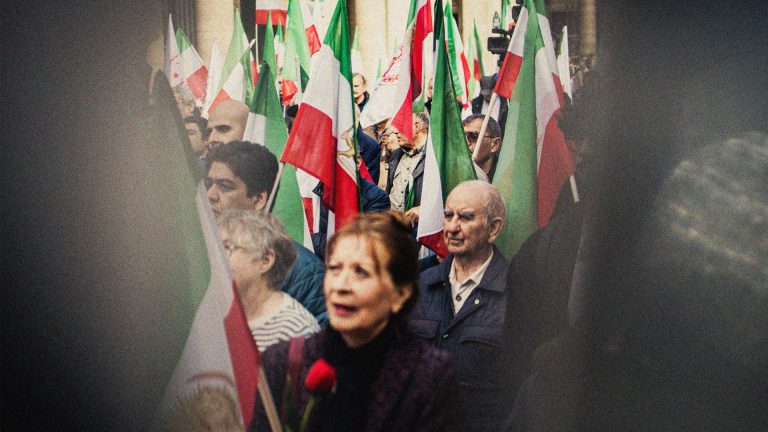
Not all older people are selfish individuals who are indifferent to the interests of their children and grandchildren.
You can be a university graduate of high intelligence and still vote against Britain’s economic interest. And while you may live in a town that has attracted few immigrants to date, you can still believe that your neighbourhood is about to be overrun by rapacious Turks.
A multitude of motivations created Brexit’s 52%. Knowledge of the European Union and strong feelings about it were not chief among them. As one senior No 10 official remarked after the event ‘we called a referendum on a subject people didn’t understand’. Pity they hadn’t thought about this in the first place.
In reality, many people do think deeply about the EU and come to entirely legitimate opposite conclusions. For many it has created zero risk of war in Europe, is a major driver of prosperity and a means for its member states to exercise more power in the world. For others it is too big and bossy, detracts from our national sovereignty and gets in the way of our relations with countries in the rest of the world. But my guess is that only a minority of those voting in the referendum felt strongly either way.
An alternative motive was simply a desire to be heard, and a plebiscite is the perfect instrument for that, regardless of the question. A bloody mindedness that says I don’t know whether we are better in or out of Europe but I want to show that it’s possible to leave if we want.
‘Take control’ was a brilliant slogan because it cut through economic differences and appealed to rich and poor alike. It was both an appeal to national heroism – let’s take control of the country’s affairs outside the EU – and an opportunity to put it up the ‘ruling class’ even though the Leave campaign was led by one part of the ruling class that had set out to defeat another part, with the general public being used as cannon fodder.
The whole campaign originated in a rich man’s game called the Referendum Party. For James Goldsmith, a swashbuckling billionaire, it was a jolly good sport to hound and bait the European ‘project’. Throughout the 1990s, he went from maverick to irritant and then major influence on the right wing of the Conservative Party. He and his electoral power disappeared upon the landslide election of the Blair government in 1997.
But the referendum flame was never extinguished. It provided the organising spark for those who wanted to avenge Mrs Thatcher’s ousting in 1990 and reignited Tory passions after Labour lost power in 2010, despite David Cameron’s pleading with his party to ‘stop banging on about Europe’.
These passions were nurtured by UKIP, a party of nationalist ‘ultras’ exerting pressure on Tory grassroots members and voters.
But they would not have got as far as they did without a crucial source of fuel for their populist movement: a small clique of right-wing media players who exercised disproportionate power in the country and whose relish for playing internal politics inside the Tory party was – and still is – a daily preoccupation.
They seized on the idea of a Europe referendum and magnified and amplified pressure for it. Rupert Murdoch, Paul Dacre, the editor-in-chief of the Daily Mail, and the Telegraph’s owners, David and Frederick Barclay, have long operated as a cartel, both competing commercially and collaborating politically on shared causes.
Their power, together with UKIP’s growing electoral potency, threatened to overwhelm Cameron’s original point-blank rejection of a referendum. Everyone close to Cameron implored him to hold firm. George Osborne has said he was the last person to be convinced of the need to give in to the right’s referendum demand.
Michael Gove, a long time Eurosceptic, told Cameron that a referendum would split his party, including the political coterie around him. But Cameron thought he knew better. A breezy, self-confident individual, he trusted in his own PR skills and personal luck to outmanoeuvre the anti-Europeans in his party.
But, when the referendum finally came, he underestimated the power of the media clique opposed to him.
Having benefitted from their unstinting support for him and his party in the 2010 and 2015 elections, and in the 2014 Scottish referendum, he underestimated what they were prepared to throw against him in their determination to drag the country out of Europe.
The rest is history. The Remain campaign, although less well funded, was a match for Leave’s organisation. But it was critically deficient in media support. Leave’s cartel of media proprietors and editors commanded a greater share of British newspaper circulation.
No wonder the original clique of Murdoch, Dacre and the Barclays were so successful. What they were most brilliant at was exploiting that public bloody mindedness which kicked in the moment Cameron returned from Brussels with the fruits of his lacklustre negotiating efforts.
For most people it became of secondary interest who was right or wrong about the EU. Who could tell the difference between all the claims and counter claims? Which was precisely what Leave and their media backers were counting on. ‘Take control’ is not about facts but emotions. It is what led millions of our fellow citizens to vote directly against their own economic self-interest.
It took a lot for so many people to do so and we have to dig deeper into why so many people were vulnerable to the media’s anti-Europe propaganda and chose to use the referendum to express their frustration.
By a long way, 52% of the population could not be regarded as globalisation’s losers or people without a voice in the political system.
Yet a loud shout of anger could be heard among Leave’s voters. They are people who, in effect, have been ‘the left behind’ – people who have not benefitted from globalisation, whose real incomes have not risen for over a decade, who have borne the brunt of austerity and who could easily see the EU as a project that is amplifying and accelerating the global economic forces disrupting their lives, rather than offering protection from them.
It is easy to claim that these voters were exploited by the unscrupulous populism of those who led the Leave campaign and who knowingly told a pack of lies in order to win. But this should not blind us to the causes of the anger and extremism growing not just in Britain but among most European electorates. Like Leavers in Britain, many of Europe’s citizens hardly believe the benefits of European economic integration and maybe that’s because in truth its benefits have not been more fairly distributed. This is a policy failure the EU has to address.
Jacques Delors grasped this in the 1980s when he argued the Single Market had to be accompanied by Social Europe. He doubled the fiscal capacity of the Structural Funds helping poorer regions in Europe. But this dimension of the EU’s personality has slipped as its dominant economic and ‘market’ image has grown.
As a member of the European Commission between 2004-08, I believed it was right for us to use our competencies in trade and competition to free up trade and markets. But I also argued that these instruments should be accompanied by policies to support individuals and communities exposed to the consequences, that we wanted to create a market economy not a market society and that while we could not protect jobs, we should do more to help workers.
I still believe that liberal economics is right but must operate within a framework of social democratic values and interventions. In other words, the free trade dividend needs to be much more explicit and much more fairly shared.
Migration is an important subject linked to this which the EU must also address. The spectre of uncontrolled migration is a big fear factor for those who feel less protected in society, even if their own personal experience of it is limited.
Sadly for some of Europe’s neighbours, conflict and instability is the everyday reality. And people seeking to escape conflict by coming to Europe has added to already significant migratory flows.
Many Europeans are uneasy about what is happening. A wariness of strangers is the response by those anxious about rapid change in the community where they live or fearful of impacts on pay and job security.
The EU needs to take a hard look at all forms of migration – free movement as well as refugees and economic migrants from outside the EU, and the potential migration impact of further enlargement.
It is no longer possible just to keep reiterating the mantra of free movement without addressing its impact on communities. We need policies in Europe that offer strong support for migrant rights to equal treatment and strong integration policies. There should be stronger enforcement of the external EU border. We need to do more to stabilise our Mediterranean neighbours.
However, these steps need to be matched by a new recognition that there are limits to any city or region’s absorption capacity: so maybe there should be some emergency brake or mechanism for temporary quotas as well as much more financial help to relieve stresses through migration impact funding.
Without such policy innovation across Europe I think it will be very hard to puncture the rise of populism.
Following Brexit, the next upsurge in nationalist anger is likely to come in the Netherlands and France. Neither Italy nor Germany are immune to it. We need sustainable economic growth in Europe and we should take some risks to get it. Absent growth, and all of the issues of opportunity, cohesion and fairness will get worse not better.
Yes, that means ‘reform’ – to get labour markets to work better for young and older alike and to remove barriers to competition in many product markets – but it also means increasing private and public investment. Of course we need fiscal responsibility but this should not be confused with budgetary fetishism.
In Britain, I suspect we will come to recognise that the UK cannot afford to leave the EU’s Single Market and that we will have to continue to accept the reality of EU budget contributions and free movement rules in order to maintain our present levels of trade. It is Parliament’s role to settle these issues, with or without a further referendum.
But for Europe as a whole, there is an urgent need for clearer thinking and stronger leadership. The solutions to Britain’s problems in Europe will not come from special favours but from solutions that work for Europe as a whole.
This is what should pre-occupy Europe’s political leaders and the British government should not make further precipitate moves until this thinking has taken place in the coming year.
Peter Mandelson is a Labour peer, president of international think tank Policy Network and Chairman of strategic advisory firm Global Counsel.








